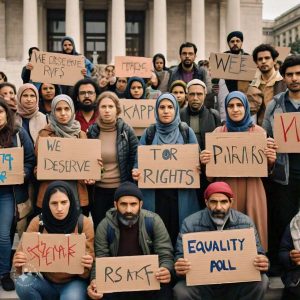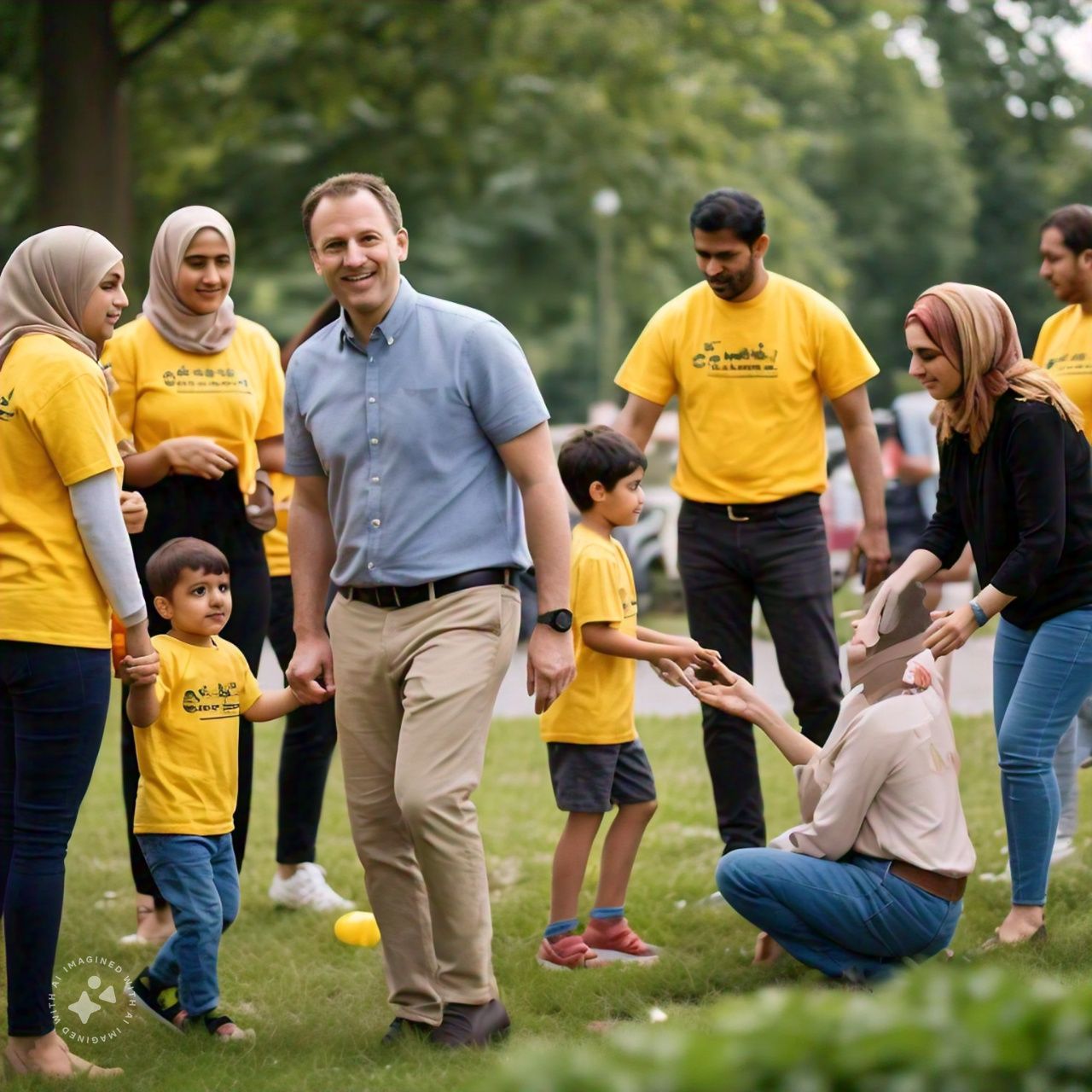Introduction
Refugees are individuals who flee their home countries due to persecution, war, or violence, seeking safety and protection in foreign lands. The refugee experience is fraught with challenges, from navigating complex legal systems to facing cultural barriers. However, the principles of refugee rights and integration are crucial for ensuring that refugees can rebuild their lives with dignity and security. This article delves into the rights afforded to refugees, the challenges they face in their host countries, and the importance of integration into society.
1. Understanding Refugee Rights
The Legal Framework
Refugee rights are enshrined in various international agreements, most notably the 1951 Refugee Convention and its 1967 Protocol. These documents outline the fundamental rights of refugees and the obligations of nations to protect them. Key provisions include:
- Non-refoulement: This principle prohibits countries from returning refugees to their home countries where they face threats to their life or freedom.
- Right to Asylum: Refugees have the right to seek asylum and receive protection from persecution.
- Legal Recognition: Refugees must be recognized as such, which grants them access to basic rights, including education, healthcare, and employment.
Human Rights Perspective
From a human rights perspective, refugees should be treated with respect and dignity. This encompasses not only their immediate safety but also their social, economic, and cultural rights. The Universal Declaration of Human Rights, adopted in 1948, further emphasizes that everyone is entitled to a standard of living adequate for their health and well-being, which applies to refugees as well.

2. Challenges Faced by Refugees
Legal Barriers
Despite the robust framework for refugee rights, many face significant legal challenges in their host countries. The asylum application process can be lengthy and complicated, with some refugees waiting years for their claims to be processed. In many cases, the legal assistance available is insufficient, leaving refugees to navigate complex systems on their own.
Social Integration
Social integration is another significant challenge. Refugees often face discrimination, xenophobia, and social isolation, making it difficult to build connections within their new communities. Language barriers can further hinder their ability to access services, find employment, or engage with their neighbors.
Economic Struggles
Economic integration is crucial for refugees to thrive in their new environments. Many refugees arrive with limited financial resources and may struggle to find jobs that match their skills and qualifications. In some cases, they are forced to take low-paying, unstable work, which can perpetuate cycles of poverty and dependence.

3. Pathways to Successful Integration
Community Support
Community support is vital in facilitating the integration of refugees. Local organizations and NGOs play a crucial role in providing services such as language classes, job training, and legal assistance. These organizations often serve as the first point of contact for refugees, helping them navigate their new surroundings and connect with other community members.
Education and Employment
Access to education and employment opportunities is essential for refugees to rebuild their lives. Educational programs tailored to the needs of refugees can help them acquire the necessary skills to enter the job market. Additionally, partnerships between local businesses and refugee support organizations can create pathways to employment, allowing refugees to contribute to their communities while gaining financial independence.
Cultural Exchange
Encouraging cultural exchange can also foster integration. Community events that celebrate the diversity of refugee backgrounds can promote understanding and acceptance among local residents. By sharing their stories and traditions, refugees can help dispel myths and build relationships with their neighbors.

4. Policy Recommendations for Enhancing Refugee Rights and Integration
To improve the situation for refugees and facilitate their integration into society, several policy recommendations can be made:
Streamlining the Asylum Process
Governments should prioritize the efficiency of the asylum application process. Simplifying procedures and providing adequate legal assistance can reduce the waiting period for refugees, allowing them to start their new lives more quickly.
Anti-Discrimination Policies
Implementing strong anti-discrimination laws can help combat xenophobia and discrimination against refugees. Public awareness campaigns can also play a significant role in educating citizens about the contributions of refugees to society.
Support for Local Integration Programs
Investing in local integration programs can enhance the support available to refugees. Funding for language courses, vocational training, and community engagement initiatives can empower refugees to successfully integrate and contribute to their new communities.
5. The Role of International Cooperation
International cooperation is essential for addressing the global refugee crisis. Countries must work together to share the responsibility of hosting refugees, ensuring that no single nation bears an undue burden. This cooperation can take various forms, including:
Resettlement Programs
Resettlement programs allow refugees to be transferred from countries where they face danger to countries that offer them safety. This process should be fair and equitable, with nations committing to accept a certain number of refugees each year.
Financial Support
Wealthier nations can provide financial assistance to countries hosting large numbers of refugees. This support can help improve infrastructure, healthcare, and education services for both refugees and host communities.
Collaborative Initiatives
Collaboration between countries, NGOs, and international organizations can lead to innovative solutions for refugee integration. Programs that focus on skill development, education, and community building can foster positive relationships between refugees and host communities.
6. Conclusion
Refugee rights and integration are critical components of a humane and just society. As global conflicts continue to displace millions, it is imperative that nations uphold the rights of refugees and work toward their successful integration. Through legal protections, community support, and international cooperation, we can create an environment where refugees are not only safe but also empowered to thrive in their new homes. Embracing diversity and fostering understanding can lead to richer, more resilient communities that benefit all their members.

